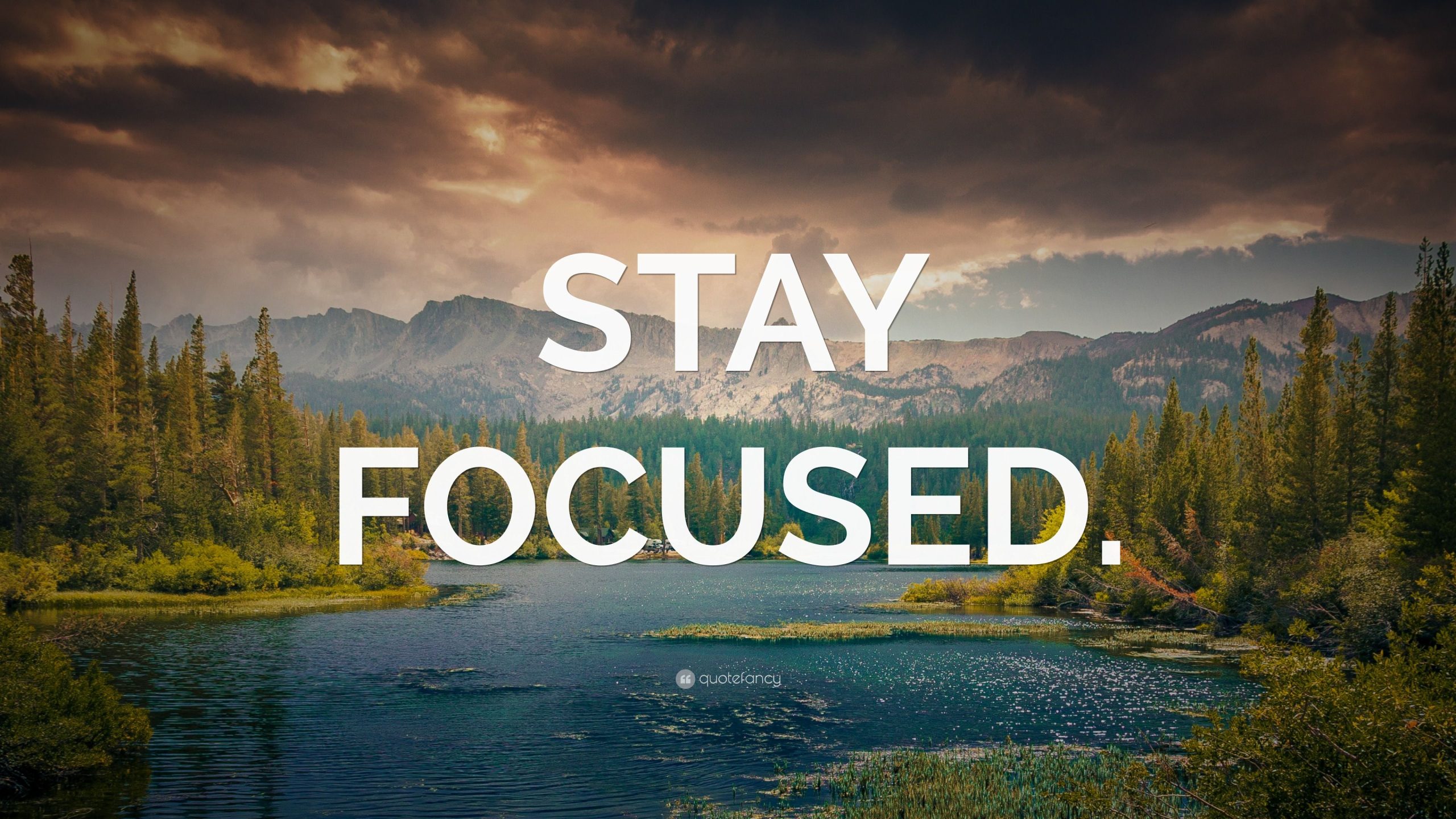
South Africa, often called the "Rainbow Nation," is a land of unparalleled diversity. From the iconic Table Mountain guarding Cape Town to the vast, wildlife-rich plains of Kruger, and from the poignant history of Johannesburg to the dramatic peaks of the Drakensberg, this country offers an intoxicating blend of natural beauty, vibrant cultures, and thrilling adventures. Planning a trip here, however, can feel overwhelming given its sheer size and variety. This comprehensive guide will help you navigate where to stay, what to see, and how to make the most of your South African journey.
A Glimpse into South Africa’s Rich Tapestry: History and Heritage
To truly appreciate South Africa, one must understand its complex and often challenging history. The land has been inhabited for millions of years, evidenced by the ancient hominid fossils found in the Cradle of Humankind. Indigenous San and Khoi people were the earliest inhabitants, followed by Bantu-speaking groups who migrated south.

Related Articles about The Rainbow Nation Beckons: Your Ultimate Guide to Where to Stay in South Africa:
- Beyond the Inca Trail: Unveiling Peru’s Finest Hotels and Unforgettable Experiences
- Unveiling the Magic: A Comprehensive Guide to Traveling in Turkey
- Miami on a Dime: Scoring Cheap Flights and Exploring the Magic City Affordably
- Peru: A Tapestry of Ancient Wonders, Natural Marvels, and Vibrant Culture
- Malaysia: A Kaleidoscope of Culture, Nature, and Modern Marvels
European colonization began with the Dutch in 1652, establishing a refreshment station at the Cape, which eventually grew into Cape Town. This marked the beginning of centuries of colonial rule, land dispossession, and the introduction of slavery. The British later took control, leading to conflicts like the Anglo-Boer Wars.
The 20th century saw the implementation of Apartheid, a brutal system of institutionalized racial segregation and discrimination, which officially began in 1948. This dark period shaped the nation profoundly, leading to widespread resistance, international sanctions, and the imprisonment of figures like Nelson Mandela. The eventual dismantling of Apartheid in the early 1990s and the first democratic elections in 1994, which saw Mandela elected president, marked a monumental shift towards reconciliation and the birth of the "Rainbow Nation." Today, the country grapples with its legacy while celebrating its rich multicultural identity and striving for a more equitable future. Understanding this history enhances visits to sites like Robben Island, the Apartheid Museum, and the various heritage routes across the country.
Top Destinations and Where to Stay: A Regional Breakdown
South Africa’s vastness necessitates a regional approach to planning your stay. Each area offers a distinct experience.
1. Cape Town & The Western Cape: Urban Sophistication Meets Natural Grandeur
Why Stay Here: Cape Town is arguably South Africa’s most beautiful city, consistently ranking among the world’s top travel destinations. It offers a captivating blend of cosmopolitan flair, stunning natural landscapes, and deep historical significance.
Top Attractions:
- Table Mountain: A flat-topped iconic landmark, accessible by cable car or hiking, offering panoramic views.
- Robben Island: The infamous prison where Nelson Mandela was incarcerated, now a UNESCO World Heritage site and a poignant reminder of Apartheid.
- V&A Waterfront: A bustling hub of shops, restaurants, entertainment, and boat trips.
- Bo-Kaap: A vibrant, historic neighbourhood known for its colourful houses and Cape Malay culture.
- Cape Winelands (Stellenbosch, Franschhoek, Paarl): World-renowned wine regions offering exquisite tastings, gourmet dining, and picturesque scenery, just an hour’s drive from the city.
- Cape Point & Cape of Good Hope: Dramatic cliffs, fynbos vegetation, and the meeting point of the Atlantic and Indian Oceans.
- Boulders Beach: Home to a charming colony of African Penguins.

Accommodation Options: Cape Town boasts an incredible range.
- Luxury: The Belmond Mount Nelson, One&Only Cape Town, The Silo Hotel offer unparalleled service and views.
- Boutique: Numerous stylish guesthouses in areas like Camps Bay, Sea Point, and Gardens offer personalized experiences.
- Mid-Range: Chain hotels and well-appointed self-catering apartments are plentiful, especially around the Waterfront and city bowl.
- Budget: Hostels and backpacker lodges are popular and often highly rated, particularly in areas like Green Point and Observatory.
- Winelands: Stay in charming boutique hotels or guesthouses on wine estates for an immersive experience.
Transportation: MyCiTi bus system covers key areas, Uber is widely available and affordable, and renting a car is highly recommended for exploring the Winelands and Cape Point.
2. Johannesburg & Gauteng: The Pulsating Heartbeat of Modern South Africa
Why Stay Here: Jo’burg (or Joburg) is the economic powerhouse and largest city, often overlooked by tourists rushing to safaris. However, it’s a vibrant, evolving metropolis offering crucial insights into South Africa’s history and contemporary culture.
Top Attractions:
- Apartheid Museum: An essential, deeply moving experience detailing the history and impact of Apartheid.
- Constitution Hill: A former prison and military fort, now home to South Africa’s Constitutional Court, offering a powerful narrative of justice and human rights.
- Soweto (South Western Townships): A historic township, birthplace of the anti-Apartheid movement. Visit Vilakazi Street (where both Nelson Mandela and Desmond Tutu lived), Hector Pieterson Museum, and take a guided bicycle or walking tour.
- Cradle of Humankind: A UNESCO World Heritage site, about an hour from the city, featuring the Sterkfontein Caves and Maropeng Visitor Centre, where some of the oldest hominid fossils were discovered.
- Maboneng Precinct: A regenerated urban area with art galleries, studios, cafes, and markets.
Accommodation Options:
- Luxury/Business: Sandton is the upscale financial hub, offering numerous five-star hotels (e.g., The DaVinci Hotel, Sandton Sun).
- Boutique/Vibrant: Rosebank and Melrose Arch provide stylish hotels, guesthouses, and a lively atmosphere with shops and restaurants.
- Urban/Artsy: Maboneng offers trendy boutique hotels and apartments for those seeking a more local, artistic vibe.
- Mid-Range/Budget: Good options exist throughout the city.
Transportation: The Gautrain connects OR Tambo Airport to Sandton and Pretoria. Uber/Bolt is widely used in the city. Organized tours are excellent for Soweto and the Cradle of Humankind.
3. Kruger National Park & Surrounding Private Reserves: The Ultimate Safari
Why Stay Here: For the quintessential African safari, nothing beats Kruger and its adjacent private reserves. It’s home to the "Big Five" (lion, leopard, elephant, rhino, buffalo) and an incredible diversity of other wildlife and bird species.
Top Attractions:
- Game Drives: Day and night drives offering opportunities to spot wildlife in their natural habitat.
- Bush Walks: Guided walks providing a closer look at the smaller flora and fauna.
- Bird Watching: Kruger is a birder’s paradise with over 500 species.
- Scenic Routes: Explore the Panorama Route (just outside Kruger) with breathtaking views of God’s Window, Blyde River Canyon, and Bourke’s Luck Potholes.
Accommodation Options:
- Inside Kruger (SANParks Camps): Operated by South African National Parks, these offer a range from basic campsites to self-catering bungalows and guesthouses. They are affordable and allow for self-driving game viewing.
- Private Concessions within Kruger: These offer exclusive, luxury safari experiences with private game drives, expert guides, and often off-road tracking (e.g., Singita Lebombo, &Beyond Ngala).
- Private Reserves Adjacent to Kruger (e.g., Sabi Sand, Timbavati, Manyeleti): These unfenced reserves offer some of the best game viewing in Africa, particularly for leopard. Lodges here are typically high-end, all-inclusive, with incredible service and guaranteed sightings (e.g., Londolozi, Sabi Sabi, Lion Sands).
- Gate Towns (e.g., Hazyview, Hoedspruit): More budget-friendly guesthouses and hotels, from which you can do day trips into Kruger or book private reserve excursions.
Transportation: Fly into Nelspruit (MQP) or Hoedspruit (HDS) and arrange transfers with your lodge, or rent a car for self-drive safaris within Kruger.
4. The Garden Route: A Coastal Road Trip Dream
Why Stay Here: This scenic stretch of the N2 highway between Mossel Bay and Storms River offers stunning coastal views, ancient forests, charming towns, and adventure activities.
Top Attractions:
- Knysna: Famous for its lagoon, oysters, and the iconic Knysna Heads.
- Plettenberg Bay: Beautiful beaches, whale watching (seasonal), and wildlife sanctuaries (Birds of Eden, Monkeyland).
- Tsitsikamma National Park: Hiking (including parts of the Otter Trail), canopy tours, and the world’s highest bungee jump at Bloukrans Bridge.
- Oudtshoorn (Route 62 detour): "Ostrich Capital of the World" with farm tours and the magnificent Cango Caves.
- Wilderness: Paragliding, canoeing, and pristine beaches.
Accommodation Options:
- Boutique Hotels & Guesthouses: Abundant in every town, offering personalized service.
- Self-Catering Villas/Apartments: Popular for families and longer stays.
- Eco-Lodges: Especially around Tsitsikamma and Wilderness.
- Farm Stays: A charming option in the rural areas.
Transportation: A rental car is essential to fully experience the Garden Route at your own pace.
5. Durban & KwaZulu-Natal: Beaches, Battles, and Mountains
Why Stay Here: KwaZulu-Natal (KZN) is a province of contrasts, offering warm Indian Ocean beaches, dramatic mountain ranges, rich Zulu culture, and poignant historical sites.
Top Attractions:
- Durban’s Golden Mile: A bustling beachfront promenade with uShaka Marine World, markets, and surfing.
- Valley of a Thousand Hills: Scenic drives, cultural villages, and traditional Zulu experiences.
- Drakensberg Mountains (Ukhahlamba-Drakensberg Park): A UNESCO World Heritage site with stunning peaks, hiking trails, rock art, and the iconic Amphitheatre.
- Battlefields Route: Sites of Anglo-Zulu and Anglo-Boer Wars (Isandlwana, Rorke’s Drift, Spion Kop) offering insightful guided tours.
- iSimangaliso Wetland Park: Another UNESCO site, offering wetlands, coastal dunes, coral reefs, and wildlife (hippos, crocs, rhinos, turtles).
- Midlands Meander: A collection of arts and crafts routes, restaurants, and charming accommodations.
Accommodation Options:
- Durban: Large beachfront hotels, guesthouses, and self-catering apartments.
- Drakensberg: Luxury resorts, charming guesthouses, and cozy self-catering cottages, many with spectacular mountain views.
- Battlefields: Unique guesthouses and lodges often steeped in history.
- North Coast (Ballito, Umhlanga): Upscale resorts and holiday homes.
- KZN Safari Reserves (e.g., Phinda, Hluhluwe-iMfolozi): Excellent private safari lodges.
Transportation: Rental car is highly recommended for exploring KZN’s diverse regions. Local taxis and ride-sharing services are available in Durban.
General Accommodation Options Across South Africa
Beyond specific regions, South Africa offers a spectrum of accommodation:
- Luxury Hotels & Resorts: Found in major cities, coastal areas, and safari regions, offering world-class amenities.
- Boutique Hotels & Guesthouses: Often locally owned, providing personalized service and unique charm.
- Self-Catering Apartments & Villas: Ideal for families, groups, or longer stays, offering flexibility and cost savings.
- Safari Lodges: Ranging from rustic to ultra-luxury, often all-inclusive.
- Backpacker Hostels: Budget-friendly, social options in popular tourist hubs.
- Farm Stays & Eco-Lodges: Immersive experiences in rural or natural settings.
It’s advisable to book well in advance, especially during peak season (December-January) and for popular safari lodges. Use reputable booking sites like Booking.com, Airbnb, and direct hotel websites.
Transportation Around South Africa
- Flights: Domestic flights are efficient and connect major cities (Cape Town, Johannesburg, Durban, Port Elizabeth, George, Nelspruit). Airlines include South African Airways (SAA), FlySafair, Lift, and CemAir.
- Rental Cars: Highly recommended for flexibility, especially for the Garden Route, Winelands, and exploring KZN. South Africa has a well-maintained road network, and they drive on the left.
- Buses: Intercape and Greyhound offer long-distance coach services between major cities, which are affordable but can be slow.
- Trains: Luxury trains like the Blue Train and Rovos Rail offer opulent journeys. The Shosholoza Meyl offers more basic, long-distance routes, but these are often delayed and less reliable for tight schedules.
- Ride-Sharing: Uber and Bolt are widely available in major cities.
- Organized Tours: Many tour operators offer packages covering various regions, including transportation. This is a good option if you prefer not to drive.
Best Time to Visit South Africa
South Africa is a year-round destination, but the "best" time depends on your priorities:
- Spring (September – November): Generally considered ideal. Mild weather across most of the country, beautiful wildflowers in the Cape, and excellent safari conditions as animals gather at waterholes after the dry winter.
- Autumn (March – May): Similar to spring, with pleasant temperatures, lush landscapes after summer rains, and good safari viewing.
- Summer (December – February): Hot, especially inland. Peak season for coastal areas (Cape Town, Durban) with vibrant energy but also crowds and higher prices. Best for beach holidays. Cape Town can be windy.
- Winter (June – August): Cooler temperatures, especially in the Cape (can be rainy). Excellent for safaris in Kruger and other northern parks, as vegetation is sparse and animals are easier to spot. Whale watching season off the Cape coast.
Essential Travel Tips
- Safety: South Africa has a reputation for high crime rates. While tourists are generally safe in popular areas, exercise caution:
- Be aware of your surroundings, especially at night.
- Avoid flashing valuables or walking alone after dark.
- Research safe neighborhoods and avoid known high-risk areas.
- Keep car doors locked and windows up, especially in cities.
- Use reputable transport (Uber, metered taxis, hotel transfers).
- Health:
- Consult your doctor about necessary vaccinations.
- Malaria: Required for Kruger National Park and some parts of northern KZN during certain times of the year. Consult your doctor for anti-malaria medication.
- Travel Insurance: Essential for medical emergencies, trip cancellations, and lost luggage.
- Sun Protection: The African sun is strong; use high-SPF sunscreen, hats, and sunglasses.
- Money: The currency is the South African Rand (ZAR). Credit cards are widely accepted. ATMs are available in most towns and cities. Tipping is customary (10-15% for good service).
- Visa: Check visa requirements for your nationality well in advance.
- Language: 11 official languages, but English is widely spoken in tourist areas and business.
- Culture: South Africa is incredibly diverse. Be respectful of local customs and traditions. Learning a few basic phrases in isiXhosa or isiZulu can be appreciated.
- Connectivity: SIM cards are readily available for local networks (Vodacom, MTN, Cell C). Wi-Fi is common in hotels and guesthouses.
South Africa offers an adventure for every kind of traveler. Whether you dream of tracking the Big Five, sipping world-class wines against a mountain backdrop, delving into profound history, or simply relaxing on a pristine beach, the "Rainbow Nation" promises a journey of a lifetime. By strategically planning where to stay and how to explore, you’ll unlock the magic of this truly extraordinary country.





